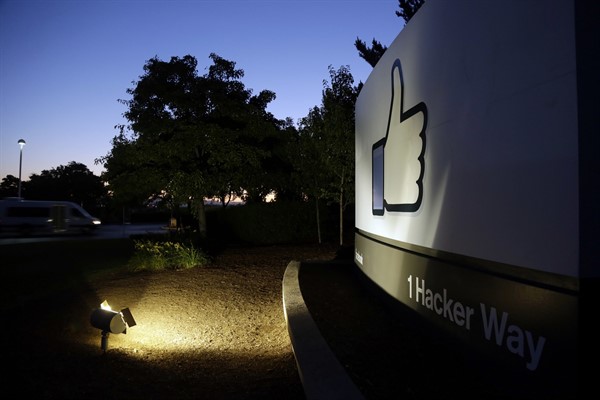Facebook had a week from hell last week, even without the testimony to Congress of whistleblower Frances Haugen. Two separate technical outages knocked out its entire suite of services—Facebook, Messenger, WhatsApp, Oculus and Instagram. The incident highlights the fragility that a massive consolidation of resources brings to the global information and communications network, caused by the emergence of supernodes such as Facebook and its Big Tech rivals. It also reveals the disparity of public debate surrounding social media platforms on one hand and the internet’s foundational protocols on the other. (In the interests of transparency, Facebook is a client of my company, Oxford Information Labs, but the information in this piece is derived only from public sources.)
The second Facebook outage—which occurred on Friday, Oct. 8—was bad; a configuration error brought down some services for a proportion of users. But the preceding outage on Monday, Oct. 4, was awful, a disastrous spiral of events that led to a single configuration error taking out some of the world’s most popular digital services for six hours.
Initially, there was speculation that Monday’s events were the result of a hack, cleverly timed to coincide with Haugen’s damning evidence to Congress. It wasn’t. Instead, the cause was a combination of a routine update gone wrong and the perverse impact of security measures designed to prevent unauthorized updates and optimize user experiences and load times.

